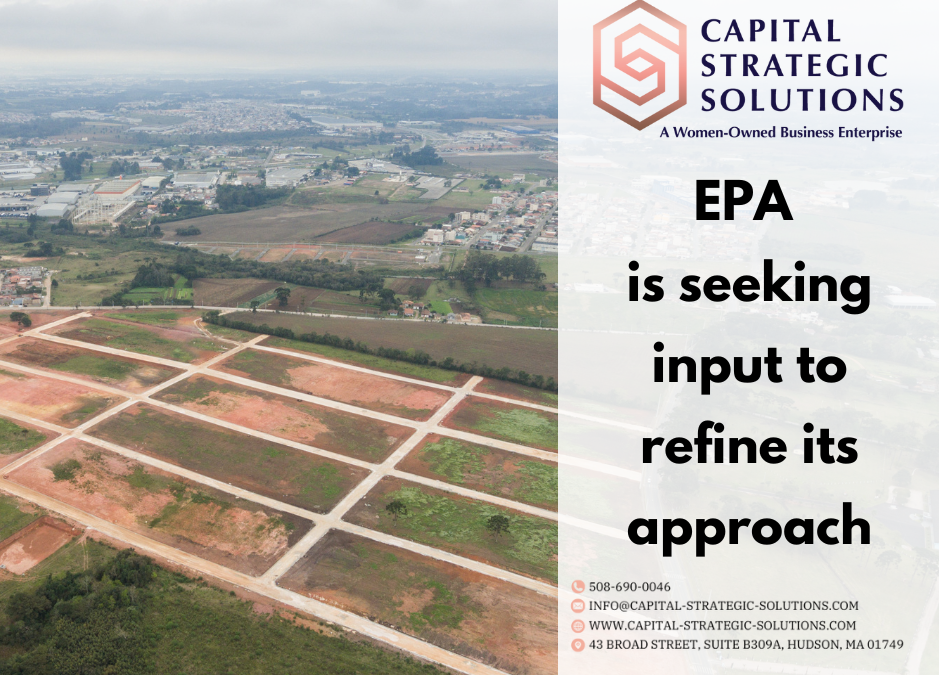The U.S. Environmental Protection Agency (EPA) recently unveiled its Interim Framework for Advancing Consideration of Cumulative Impacts, marking a significant step forward in addressing environmental inequities. The draft framework provides tools and principles for EPA programs and regional offices to consider cumulative impacts—factors that compound the health and quality of life burdens on individuals and communities—when making decisions.
The concept of cumulative impacts encompasses the combined effects of chemical and non-chemical stressors, including environmental pollution, socioeconomic challenges, and cultural or social determinants of health. By integrating these considerations, the EPA aims to protect public health and the environment while advancing environmental justice commitments.
The draft framework outlines key principles for considering cumulative impacts:
- Human Health Focus: Ensuring actions improve health, quality of life, and environmental conditions for all communities.
- Equity in Burdens: Preventing any community from bearing disproportionate adverse impacts.
- Scientific Rigor: Using data-driven, science-based approaches tailored to specific needs.
- Community Engagement: Actively consulting with Tribes and communities to incorporate lived experiences.
- Operational Integration: Embedding cumulative impact considerations into EPA processes.
These principles aim to create safer, healthier, and more equitable communities.
The EPA has already implemented elements of the framework in several areas:
- Air Pollution Rules: Strengthening analysis for synthetic organic chemical facilities to reduce cancer and other health risks.
- Soil Lead Guidance: Updating residential soil lead standards to protect children’s health.
- Water Permitting: Considering Tribal, cultural and subsistence uses in resource management.
Additionally, the EPA’s Cumulative Impacts Research Report offers scientific recommendations to enhance research and support the integration of cumulative impact assessments.
How to Participate
The EPA is seeking public and Tribal input on the draft framework to refine its approach. Feedback can be submitted through the Federal Register until February 19, 2025. Public participation ensures that the framework reflects the needs and priorities of impacted communities.
Learn more about the framework and provide your comments via Docket ID No. EPA-HQ-OLEM-2024-0360 on Regulations.gov.
Information Pipeline is a free service provided by Capital Strategic Solutions to assist our clients with accessing the latest information about government policy and programs, funding opportunities, research, training, relevant events and more.
For more information about our services, email us at info@capital-strategic-solutions.com.

